An Overview of State Pollution Control Board (SPCB) Notice
The Water Act of 1974 established the State and Central Pollution Control Board in India. The act conferred the power of monitoring pollution-causing entities and punishing the offenders of environmental laws on these pollution control boards. If your business, factory or any other plant is causing pollution of any kind to the environment then you must take the necessary steps and abide by the compliances prescribed for your particular business. In the lack of such compliance, the pollution control boards may take legal action against your institution and put penalties.
Table of Contents
- An Overview of State Pollution Control Board (SPCB) Notice
- Powers & Functions of SPCB
- Notices Given by State Pollution Control Board (SPCB)
- What to do when a notice is served from SPCB?
- How To Reply To The Notice Served by SPCB?
- Format of the Reply to SPCB Notice
- How To Avoid Such Notices in Future?
- Conclusion
--------------Blog Contact Form-------------
Powers & Functions of SPCB
The Act prescribes various functions and powers to the State Pollution Control Board. SPCB prevents any activity which may cause pollution to the environment in respective states while CPCB monitors this across India. SPCB may give directions to the industries and restrict their operation if they do not comply with the guidelines prescribed. In this scenario, the State Pollution Control Board serves notice to the offenders which they need to reply and fix any in competencies in their industry if any. The SPCB has the following powers under the Air and Water Act to ensure the enforcement of environmental norms-
- To plan a program for the prevention and control of pollution
- To collaborate with the CPCB and train people engaged in such programmers
- To collect and disseminate information about pollution
- To inspect manufacturing units, industrial plants, sewage, trade effluents, pollution control areas etc.
- To inspect the registration, license and certification of businesses operating in the jurisdiction
- To give orders or directions for the prevention, control and abatement of pollution
- To lay down standards for the emission of pollutants into the environment
- To lay down standards for the treatment of sewage and trade effluent
- To evolve methods of utilizing sewage in agriculture, treatment of sewage, and disposal of sewage
Notices Given by State Pollution Control Board (SPCB)
The State Pollution Control Board may serve notice to the offenders of environmental norms in various events. Some of the most common events are as follows-
- Incompetent application for consent:- The SPCB may serve a show cause notice to the applicant if his application does not satisfy the requirements to apply for the consent.
- Inconsistency in the documents:- The SPCB may serve a show cause notice if the documents submitted by you are not as prescribed. It may also ask for clarification or take corrective measures.
- Flouting Environmental Norms:- The SPCB may also serve a notice to the industry if it is not following the environmental norms as established by the appropriate authorities.
- Improper Sewage Discharge:- The SPCB may also serve a notice to the industrial units if they are not following the standard operating procedures and ignoring the management instructions for the sewage discharge.
- Unauthorized Establishments:- The SPCB may also serve a notice to those manufacturing units, industrial plants and other establishments that are operating without having proper licences, consents, permissions and NOCs.
What to do when a notice is served from SPCB?
You should read it carefully when the notice is served by the SPCB. You should figure out the corrective measures directed by them and the date mentioned therein. Now if you can take the corrective measures within the time duration as stipulated in the notice, you should proceed towards that direction and implement the changes. After taking all the corrective actions you can submit a reply to CPCB informing that the corrective measures have been taken as prescribed.
If the corrective measures are not possible to implement within the stipulated time then a reply should be submitted as soon as possible informing the SPCB that you are working on the corrective actions as prescribed and if you need more time you can also request for the extension of the deadline in the reply.
If you believe that the directions prescribed by the State Pollution Control Board are not in accordance with applicable laws or it made a mistake for a fact then you may appeal to the Central Pollution Control Board regarding the same and present the documentary evidence to prove your stand. The CPCB may give the order to revoke the directions given by SPCB if your claim is legit and convincing.
How To Reply To The Notice Served by SPCB?
You should keep the following points in mind when replying to a notice served by the State Pollution Control Board. These are divided into three categories based on the possible scenarios-
Corrections Are Made
- If the SPCB asked to take corrective measures in your application then resubmit the application along with the reply after correcting the mistakes as prescribed.
- If the SPCB asked to install some devices in the plant then attach the pictures of such installed devices and submit other documentary evidence for the same along with your reply.
- To expedite the process you may also use email as a medium to submit the information online if a specific mode of communication is not prescribed.
- If the SPCB asked for the treatment of the waste generated from your plant then submit the pictures of treated waste and documentary evidence regarding the same such as the quantity, process and outcome of the treatment.
- If it asked for obtaining any documents or renewing them then you should complete such process in due time and submit a copy of those documents along with your reply.
Corrections Are Being Taken
- If you are taking the corrective measures but they are under process then you may attach the acknowledgement receipts or any other document, which indicates that the process has started, to your reply.
- If you are undertaking any physical task to accomplish the corrective action then a picture of the work in progress can be submitted along with the reply.
- You can also use email as a communication medium to expedite the process and easily communicate the evidence online in media form.
If Claims Are Not True
- If SPCB has mistaken any facts and the findings are not true then you can reiterate the facts in your reply to SPCB.
- You can also proceed to appeal in CPCB against the notice and it may grant you relief by revoking the directions given by the SPCB.
- You may use email as the medium of communication to expedite the process or submit supporting documents and media evidence.
- As a last resort, you may also approach the National Green Tribunal to prove your claims.
Format of the Reply to SPCB Notice
You should make the reply in the standard format. The following guidelines may help you with the format of the reply-
- The Letterhead of the institution may be used for the reply to the SPCB notice.
- You must reply to the same designation as was printed on the notice itself.
- You can find the designation of the sender at the bottom right of the notice.
- After the designation, you should write the full title and address of the board.
- In place of the subject, you should write the same text as printed on the notice but you should add ‘Reply to’ at the start.
- Next, you should start with the salutation and state any previous communication with complete reference numbers that took place before the present communication.
- After the references you can start writing the main concern and the actual communication you want to make.
- You can end this part of the reply with a prayer. It should be based on your current scenario, for example, a request to resume the operation, provide consent, or revoke previous orders.
- The last portion contains the regards, name and stamp of the institution, name and signature of the representative etc.
- Supporting documents shall be attached as numbered annexures.
How To Avoid Such Notices in Future?
The environment pollution is a very sensitive issue in present times and authorities are taking it very seriously. You should be aware of all the environmental compliances if you are running any commercial industry which in any way affects the environment. Alternatively, you can hire experts for such consultation. You should abide by the regulations notified by the central or state governments as well as the guidelines issued by CPCB and SPCB on the web portal from time to time. Some of the major things you need to take care of include Consent to Establish, Consent to Operate, EPR Authorisation, EPR Targets, Operating Licences, NOCs etc.
Conclusion
Being a responsible citizen of the country, you should take care of any polluting activity that is happening in your institution. We should ensure that no one needs to complain about us or give directions to follow such obvious standards. It is very much clear what steps you should take once SPCB served a notice on you. You should not panic. You should avoid taking any adverse decisions. Remember the points mentioned above and if necessary, take a consultation from the experts. When replying, the contents of the reply must be drafted very carefully and if corrective measures are prescribed, you should implement them. You can avoid all this by complying with the rules in the first place which is always advisable.
This portion of the site is for informational purposes only. The content is not legal advice. The statements and opinions are the expression of author, not corpseed, and have not been evaluated by corpseed for accuracy, completeness, or changes in the law.
BOOK A FREE CONSULTATION
Get help from an experienced legal adviser. Schedule your consultation at a time that works for you and it's absolutely FREE.


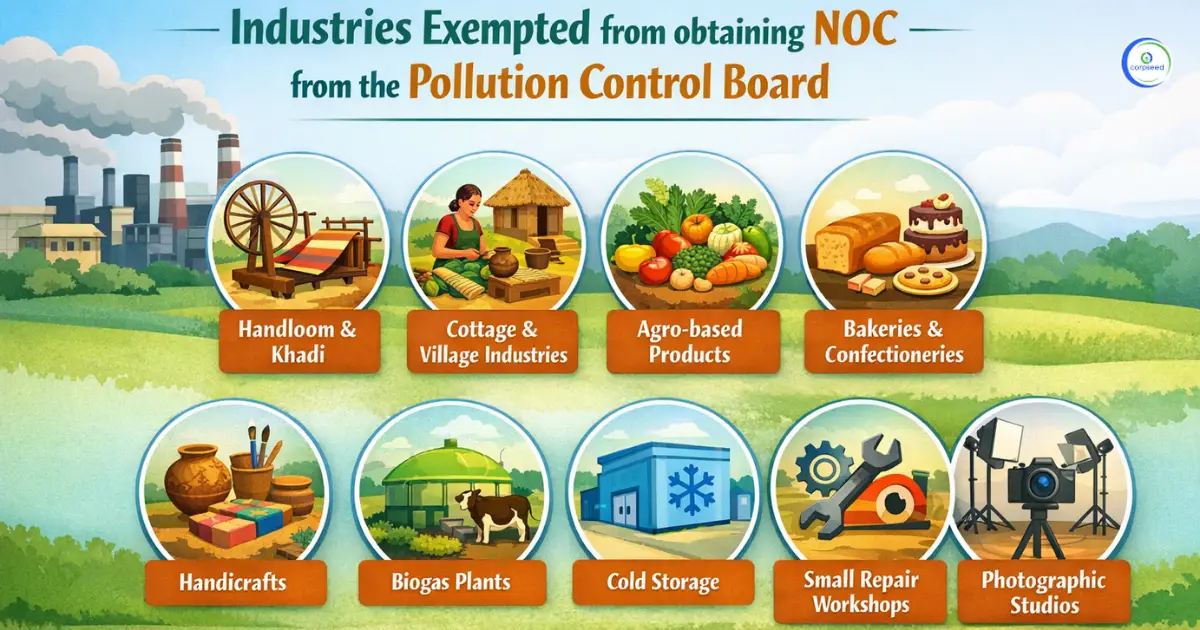
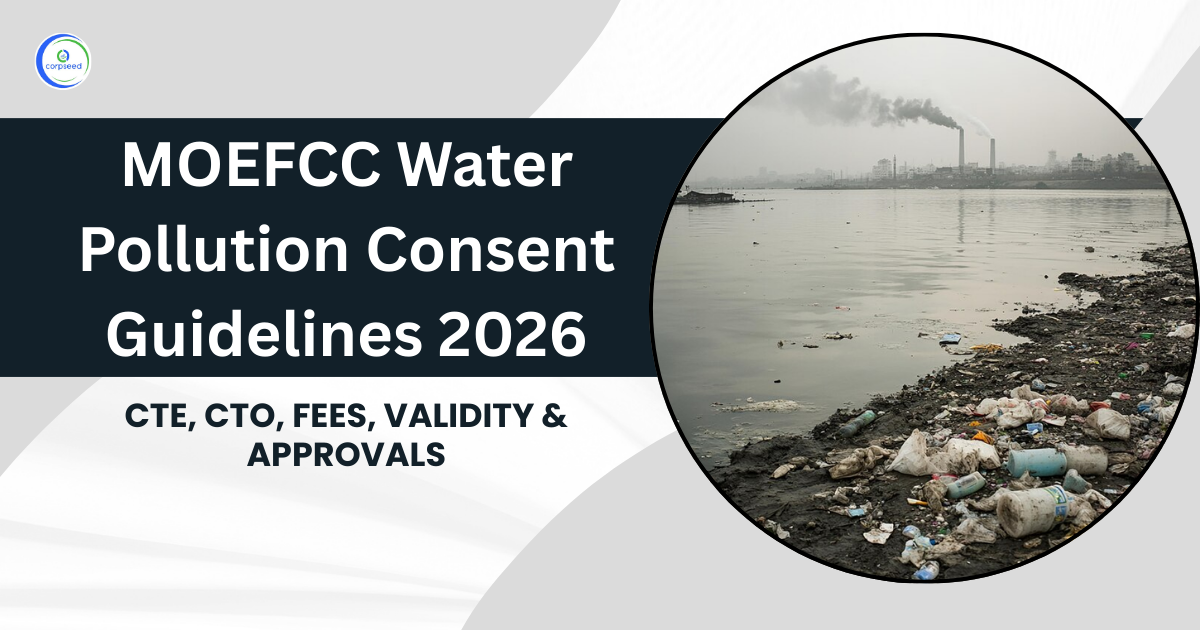
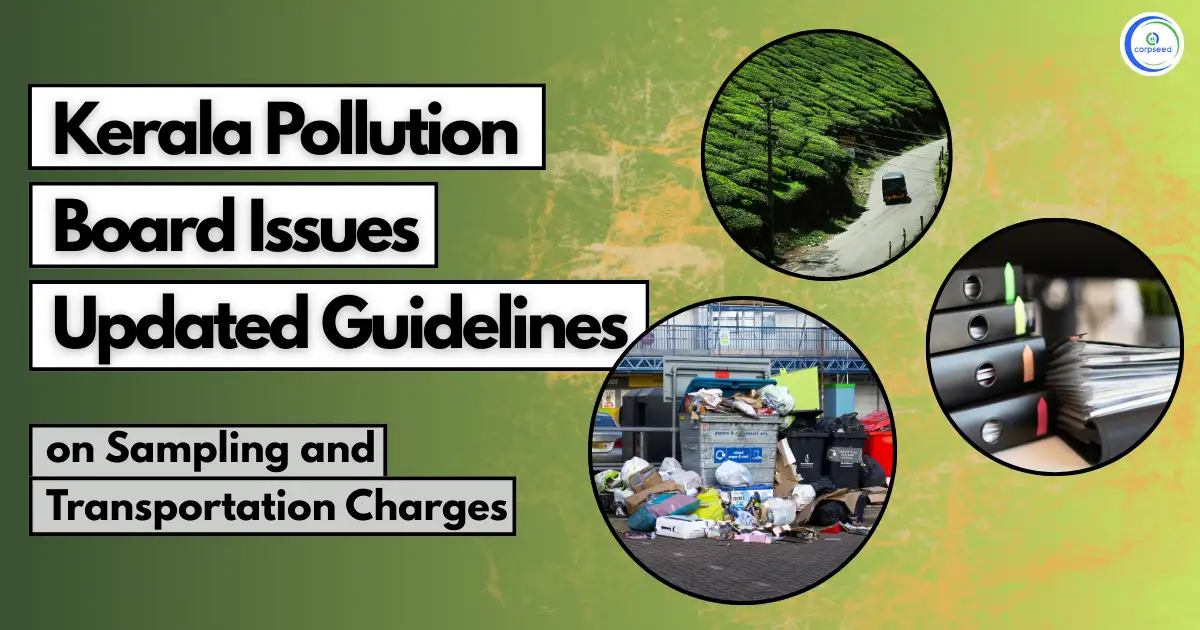
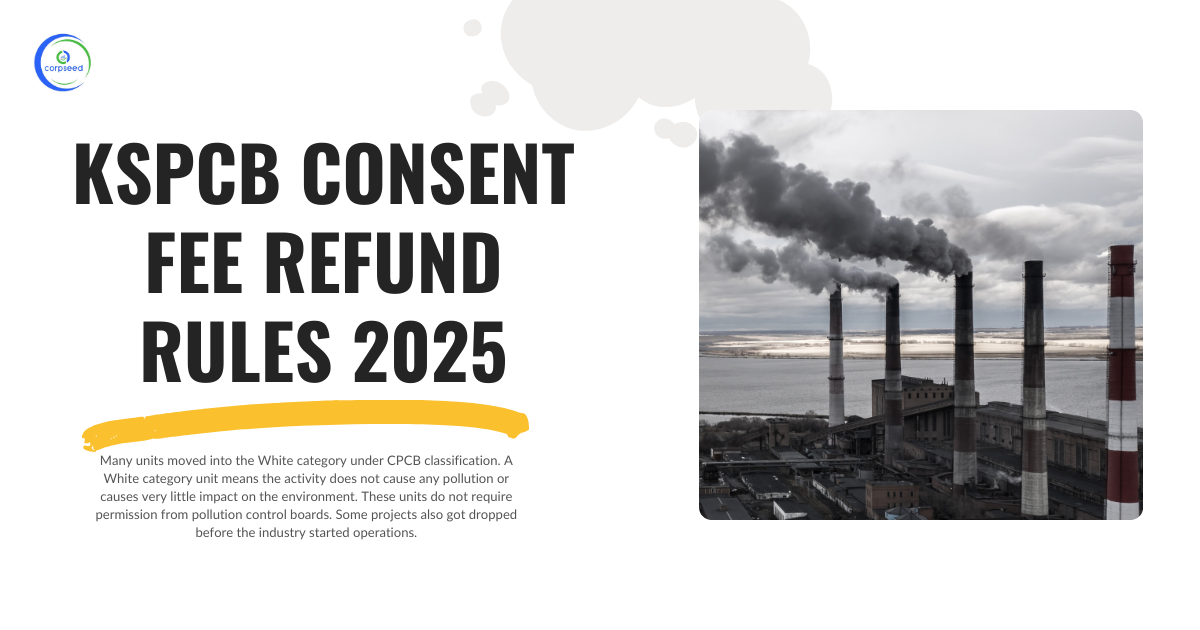
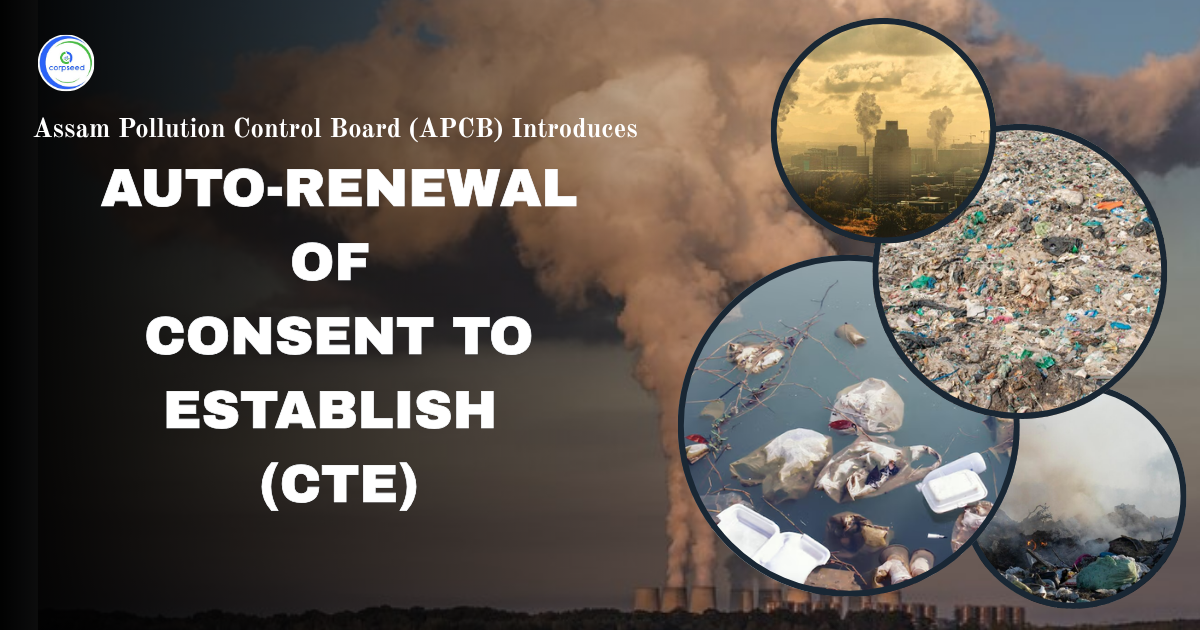

.webp)
